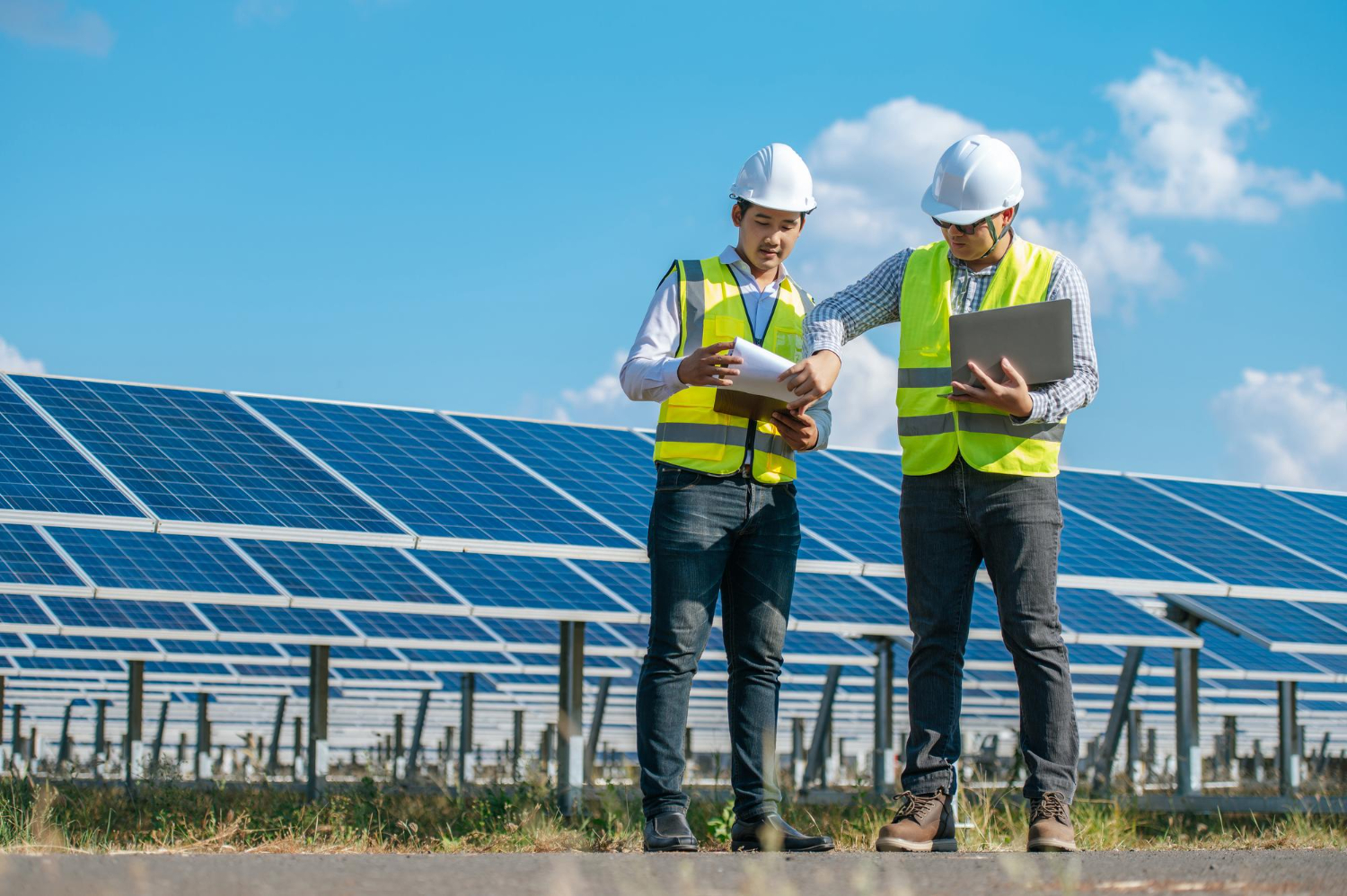The push for greener cities in Asia is happening. Indonesia will be shifting its capital from Jakarta to Nusantara, touted as the future green and smart global city. Singapore has announced its goals for sustainable development through its Green Plan 2030. Hong Kong wants to achieve carbon neutrality by 2050, and in a green finance endeavour, the city has issued its first green bonds to retail investors in the first half of this year.
Amidst this push, Asia needs people who can help transform current economies into greener ones. There are plenty of job opportunities. Reports have estimated that by 2030, the green economy could create five to six million jobs in Southeast Asia and 24 million jobs worldwide.
We hear of more positions in renewable energy sectors. At the same time, the sustainability push is spreading to all industries. In sectors ranging from sustainable fashion to plant-based meat alternatives, we need people to find and implement greener ways of doing things.
The same goes for the business and finance industry, but first, the professionals need new knowledge and new training.
New skill sets needed for the green economy
Traditionally, finance students learn cost-benefit analyses and how to improve the bottom line. But how do you perform financial valuation to something as technical as energy transition and improvement of biodiversity, for example? Would investors know how to value the social well-being and improved skillsets for farmers resulting from a sustainable project in the water system? For corporate executives, how do they integrate sustainable consideration into their business strategies to meet different data collection, reporting, and assessment needs?
With an increased societal focus on the environment, educational institutions need to equip people with new skill sets. From sustainability-related modules for undergraduates to adult learning courses for those already in the workforce, educational institutions play an important role in getting the workforce equipped to handle the demands of a new green economy.
Western universities are much into the field with their programmes on sustainable finance, while Asian universities are just starting, such as the National University of Singapore’s new Master of Science programme in Sustainable and Green Finance. The momentum of more thorough and holistic training in sustainable and green finance in both educational institutions and the workplace is growing in Asia. Ultimately, this region needs its talents who can navigate its cultural, socioeconomic and political complexities to push for real and sustainable change. In order to do so, they need to learn to integrate the multiple fronts of technological advancements and innovations in sustainability (e.g., green buildings, renewable energies, waste management, natural capital management, FinTech etc).
Investor scrutiny
Structural change is imminent in the new economy. Investors are scrutinising public-listed companies for their environmental, social and governance activities. Any surprising shortfall of investors’ expectations after being convinced that the company is doing good (e.g., “greenwashing”) can cause a detrimental effect on the company and threaten to erode everything that the company has done.
The BNP Paribus ESG Global Survey 2021 revealed that in two years, 37 per cent of investors in the region will consider environmental, social, and governance (ESG) factors as central to their investment, up from 15 per cent currently. Millennials, who make up about 25 per cent of the population in Asia, are twice as likely to invest in more companies that target social or environmental outcomes.
It’s not too late for companies to start taking greener steps. Studies have shown that when companies with material environmental impact change their ways for the better, investors reward them.
But to start taking green steps, companies need to find the right talent. And the talent hunt has begun.
The article is an edited version of the one first published in SCMP (print).




